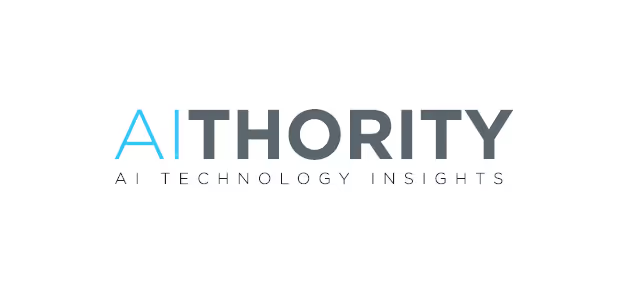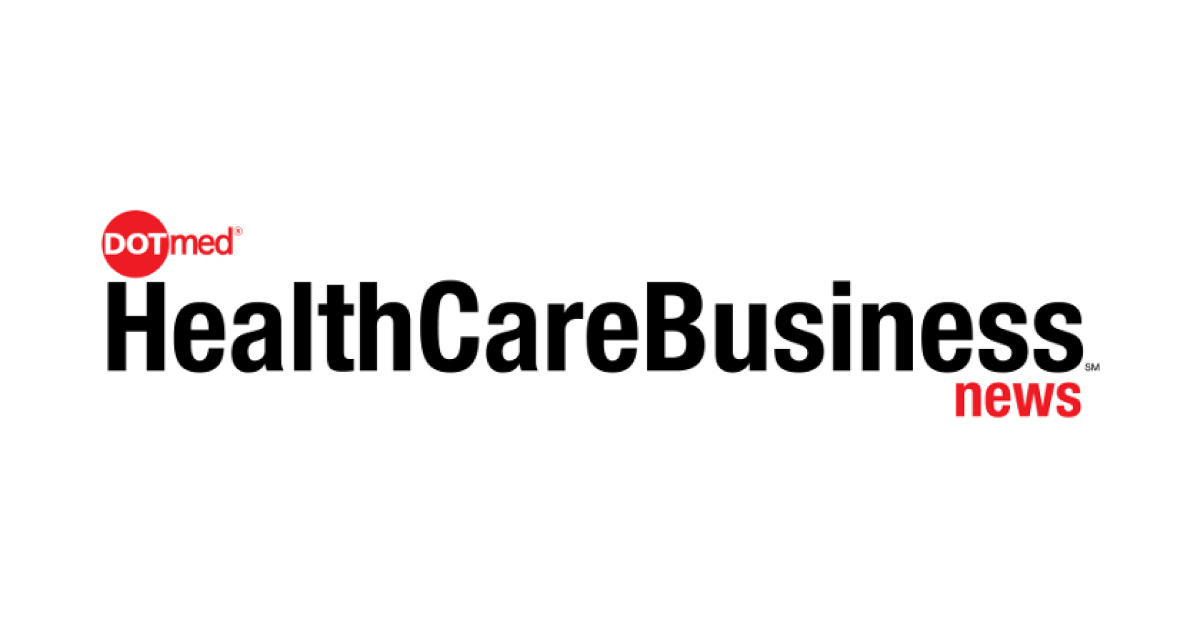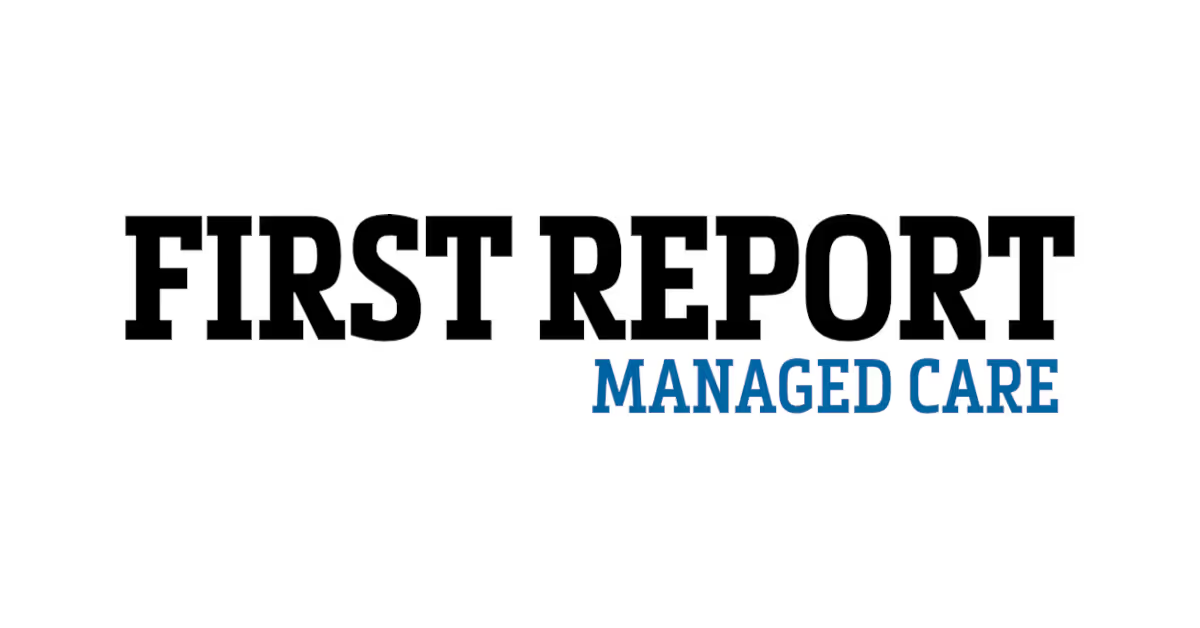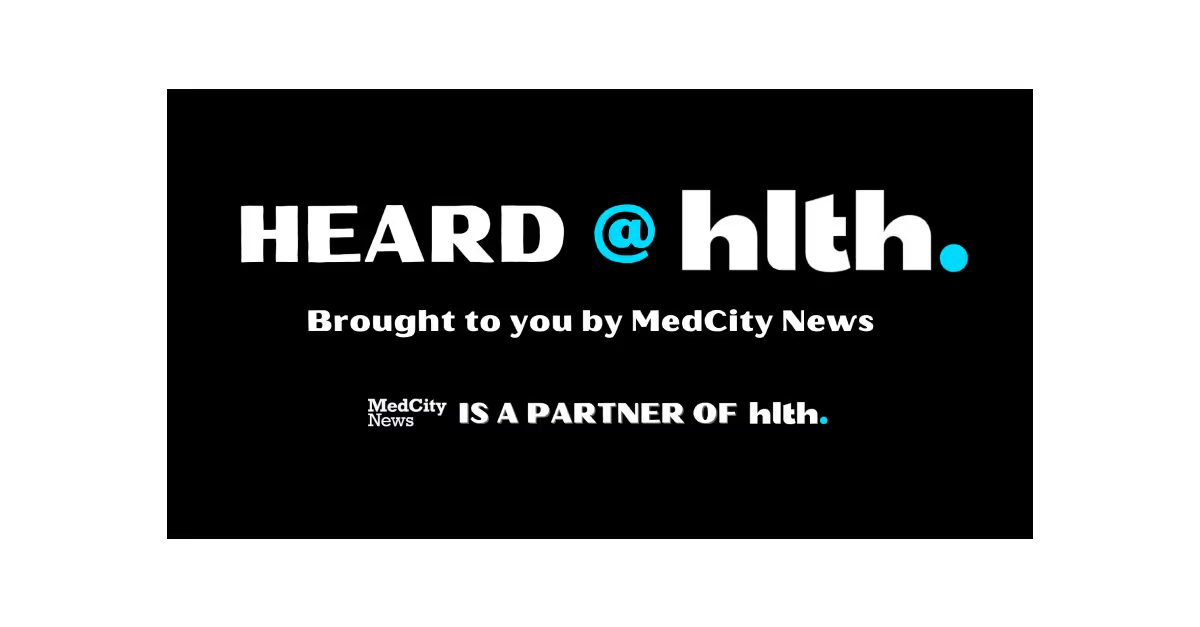AI & Machine Learning Is Transforming Utilization Management
Published:
April 19, 2022

How AI and Machine Learning Can Transform Utilization Management
The application of AI and ML can transform Utilization Management into a streamlined, collaborative process.
Artificial intelligence (AI) and machine learning (ML) are increasingly recognized as an operational necessity for addressing healthcare’s more systemic challenges. While many clinical applications already leverage integrated AI/ML capabilities, Utilization Management has remained tethered to the past.
Prior authorizations (PA) are a common method of UM, as they allow the health plan to assess the medical appropriateness of planned care before service is completed.
Yet the highly manual processes of PA in its current form, from copious faxes to time-consuming clinical reviews, drive excessive administrative costs for both health plans and providers. Most importantly, the transactional focus of standard PA, which focuses on simply approving or denying a request, misses an opportunity to accelerate and improve outcomes for a patient’s entire care journey.
Fortunately, that might be about to change.
In its 2021 State of Healthcare report, HIMSS attests that nearly half of payors have adopted at least one AI/ML tool across the enterprise, and 62% rank improving these capabilities as an extremely high priority. In the context of Utilization Management, the greatest opportunity for these tools lies not only in automating manual processes but also in using technology to promote the most appropriate, timely decisions for a specific patient’s care journey.
The transparent application of AI and ML to Utilization Management can do far more than simply digitize processes. These technologies can streamline clinical review, increase provider satisfaction, and feed the continual identification and refinement of customized care paths to not only reduce the unnecessary medical expense but also drive better patient outcomes.
Unlocking Unstructured Data to Contextualize Authorization Requests
One of the primary burdens of completing authorization requests is moving the clinical data captured in the electronic health record (EHR) to the prior authorization system. Although FHIR standards have provided new interoperability potential for health data exchanges, in most cases these integrations are only sufficient to start a request—not to finish it. Much of the pertinent clinical data still resides in unstructured clinical notes.
Using natural language processing, Machine Learning models can automatically extract this patient-specific data from the EHR, unlocking a wealth of information. By leveraging interoperability and ML to look across the patient’s unique clinical history, intelligent authorization platforms can map clinical data and extracted notes to the correct request, providing the health plan with a more complete patient record. Health plans can then view the authorization request within the context of the patient’s longitudinal care history, as well as their current episode-based care path.
Improving Auto-Determination Rates and Clinical Review Prioritization
Applying ML and advanced analytics to the prior authorization process drives better auto-determination rates for requests by identifying authorizations that don’t warrant a clinical review and those which truly require one. This technology can determine high-impact cases to help case managers prioritize their workload, allowing case managers to pass through for approval those cases that are less likely to impact patient outcomes or medical spend.
ML algorithms can significantly reduce the administrative burden of identifying qualifying criteria within the case documentation. Using a health plan’s specific policy guidelines, an intelligent authorization platform can use ML and NLP to detect evidence that the criteria have been met, linking relevant text within the clinical notes to the pertinent policies. This helps clinical reviewers quickly pinpoint the correct area of focus within the case, speeding their assessment.
Case managers can then accept or decline the suggestions as clinically relevant, feeding the continuous learning cycle that leads to more refined algorithms. By improving administrative efficiency, case managers have more time to use their expertise to ensure patient safety and appropriate care while enabling faster access to services.
Optimizing Care Paths With Patient Cohort Data
In a PA platform, extracted clinical data can be used not only to contextualize a specific service request for an individual patient but also to help health plans develop more precise determination rules for episode-based care paths or bundled authorization requests over time.
By developing libraries of patient data, a UM vendor can create various subpopulations that share clinical characteristics. This allows direct comparisons between similar patients in different treatment contexts.
By analyzing historical data and this real-world outcomes data, the vendor can create optimal, condition-specific care paths that are bespoke for an individual population.
As patient data is collected within the intelligent authorization platform, applied machine learning algorithms can identify the best outcomes for specific clinical scenarios. This added layer of intelligence enables health plans to develop new guidance and targeted interventions for more complex patient cohorts. As more patients receive care, the intelligent authorization platform will aggregate real-world data to test, enhance, and optimize these longitudinal care paths, arriving at the best fit for individual patients.
The application of AI and ML can transform Utilization Management into a streamlined, collaborative process that maintains a focus on the ultimate goal: ensuring that patients receive high-quality, appropriate care as quickly as possible.
Written by

Cohere
Health
Cohere Health’s clinical intelligence platform delivers AI-powered solutions that streamline access to quality care by improving collaboration between physicians and health plans. Cohere works with 660,000 providers and processes millions of prior authorization requests annually. Its AI auto-approves up to 90% of requests for millions of health plan members. Cohere has been recognized in the Gartner® Hype Cycle™ for U.S. Healthcare Payers in 2024 and 2025, named a Top 5 LinkedIn™ Startup in 2023 and 2024, and is a three-time KLAS Points of Light award recipient.
Stay ahead with expert insights on transforming utilization management and payment integrity—delivered straight to your inbox.


